|
27
MAR
2016
|
|
|
|
Why muesli mixes lead to health problems in rabbits, guinea pigs and chinchillas and should be avoided at all costs?
For many years muesli mixes have been popular as rabbit, guinea pig and chinchilla food but the health risks associated with feeding them have been recognized. In 1996 a paper was published that highlighted the problems of selective feeding from these mixtures. More recent research in 2013 has confirmed that selective feeding is a problem and that obesity and inactivity can be induced by feeding muesli mixes as well as dental disease.
What are muesli mixes?
Muesli mixes are a mixture of cereals, legumes, pellets, extrusions and, in some cases, other ingredients such as locust beans or alfalfa. The mixtures are cheap to produce, easy to store and heavily marketed by the food manufacturers. Cereals are the staple ingredients of these mixes and they are high in starch and low in fibre, so they are fattening, which is acceptable for short-lived rabbits tha.. [More]
|
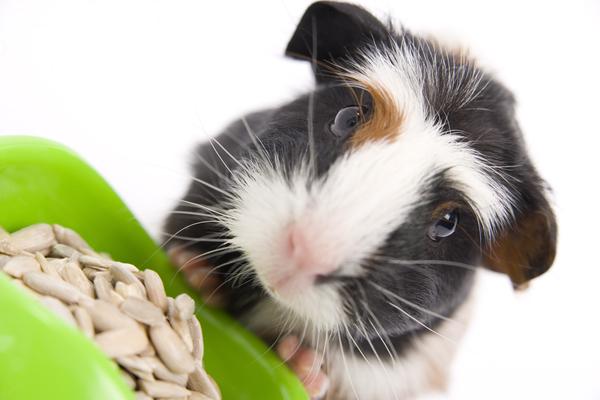
|
|
|
Tags :
The problem with muesli mixes
|
|
|
|
01
JUN
2015
|
|
|
|
The dietary needs of any animal (including humans) are directly linked to the unique digestive processes of that animal. Fibrevores, as the name implies, need lots of fibre. Fibrevores have a unique digestive system with an appendix designed to deal with fibre exclusively. A complete fibrevore diet will provide for their dental, digestive and emotional health. The Excel 5-a-day Feeding Plan is an easy to follow guide to ensure your pet gets the right balance of fibre, nutrients, vitamins and minerals for their all-round health.
The benefits of Timothy hay on teeth
Rabbits have teeth that continually grow throughout their lifetime. If they’re not ground down through eating, they can form sharp points and spurs. By eating a high fibre diet, the healthy length and shape of the teeth are maintained.
Bedding
More than that, fibrevores love snuggling in piles of Timothy hay. They love playing with it and pushing it around their homes. It’s a great com.. [More]
|
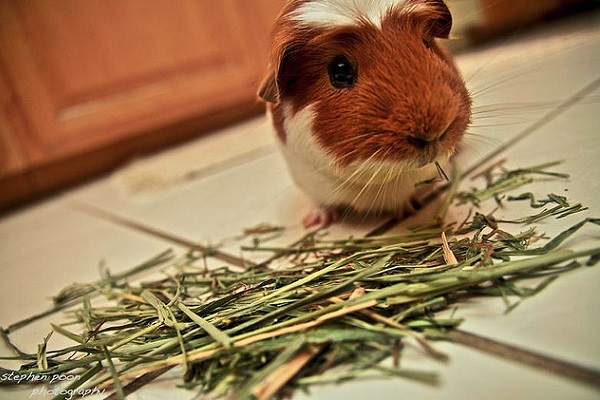
|
|
|
Tags :
importance of Timothy hay for fibrevores
|
|
|
|
30
MAY
2015
|
|
|
|
As a chinchilla owner, it’s common knowledge that your playful pets need to be treated to a dust bath to keep their fur in tip top condition.
So why do chinchillas need dust baths?
The natural habitat of a chinchilla is in the Andes Mountains. In the wild, volcanic ash gets into Chinchilla’s fur and absorbs all the oil and dirt. This process keeps their fur thick and soft. Dust baths for domesticated chinchillas are our way of replicating this natural behaviour.
Everyone who has felt the fur of these pets knows that their coat is luxurious and soft. Chinchillas have around 60 hairs to each hair follicle, meaning that their fur is very dense. Due to this fact it is important that a chinchilla is never bathed in water. The thickness of the fur means that a wet chinchilla cannot air-dry, and having damp skin can cause fur rot or other health problems.
How often should they have a dust bath?
Regular dust baths are a necessity for your chinchill.. [More]
|
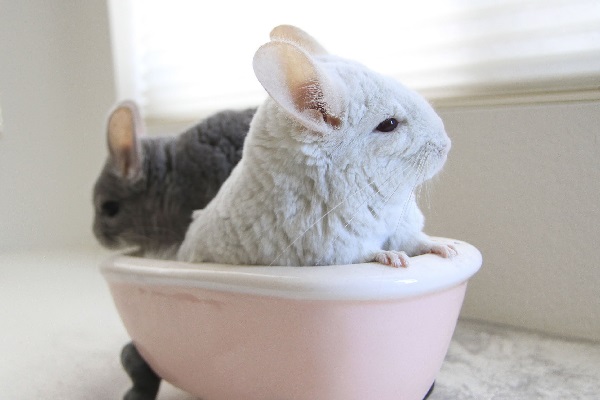
|
|
|
Tags :
Why do chinchillas take dust baths South Africa
|
|
|
|
02
APR
2015
|
|
|
|
Chinchillas have dense fur. Over time, oils and moisture collect in their fur. In the wild, chinchillas have no way to clean their fur other than to roll around in volcanic ash which acts as an absorbent. You should never bathe your chinchilla in water. Doing so would remove the natural oils which protect their skin and helps them regulate their body temperature. Instead, it is best to give them a bowl or container filled with "special" dust for them to roll around in. The finer the dust, the better.
A regular dust bath is an absolute necessity for chinchillas. Taking a vigorous dust bath is one of their natural behaviors, and is how chinchillas keep their lush coats clean and healthy. Not only does this dust bath help to keep their thick fur smooth and silky, it is thought to be relaxing and fun for chinchillas.
Blue Cloud is the best chinchilla dust you can use. This ultra-fine aluminum silicate powder contains no limestone, glass, or sand and shakes comple.. [More]
|
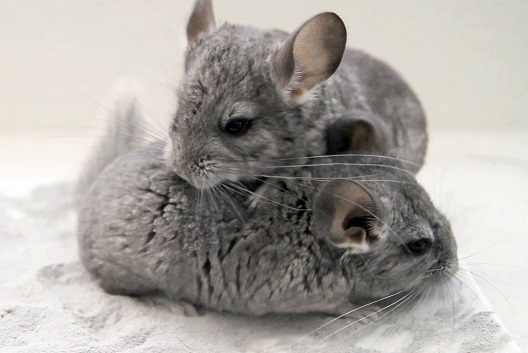
|
|
|
Tags :
Chinchillas And Blue Cloud Bath Dust in South Africa , Chinchilla Bath Sand South Africa , Blue Cloud Chinchilla Dust Bath South Africa , Why Blue Cloud Chinchilla Dust Bath Is Best South Africa
|
|
|
|
29
MAR
2015
|
|
|
|
For the last four years the PDSA in UK has published the PDSA Annual Well-being Report (PAW Report for short). It covers cats, dogs and rabbits and looks at welfare issues by asking pet owners and vets questions about care and welfare. It’s great to have these stats on things like how many rabbits are neutered and whether they get an appropriate diet because it helps welfare campaigners monitor how successful they are at implementing changes and also where to target change.
So, on to this years report. Here is a handy graphically summary (feel free to share):
One of the biggest changes is the rapid decline in muesli based dry foods. In the last four years it’s dropped from being eaten by 49% to 25% of rabbits in UK. Interestingly it’s been a sustained change, continuing this year, not just a short term reaction to media coverage.
On the other hand in the last year there hasn’t been much progress on hay eating; the percentage not .. [More]
|
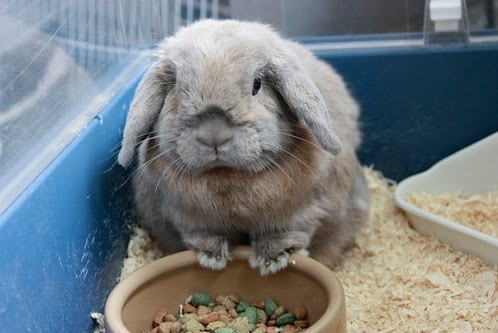
|
|
|
Tags :
Rapid Decline of Muesli Dry Foods , Pet Rabbit Food South Africa , Russel Rabbit South Africa
|
|
|
|
22
MAR
2015
|
|
|
|
You want to take good care of your little friend with the finest fur. Part of caring for chinchillas requires regular inspection of the state of his mouth and teeth. Unlike human teeth, a chinchilla's teeth grow throughout his lifetime. If they don't wear properly, malocclusion or misalignment results. Simple proper chinchilla husbandry prevents malocclusion except in cases in which the condition is hereditary.
Malocclusion
Chinchillas are rodents, which translated from Latin means "to gnaw." Your pet's incisors grow at the rate of 2 to 3 inches annually, and his molars can be responsible for misalignment. Not only do they make it difficult for your chinchilla to eat, wayward teeth can penetrate his nasal cavity. Malocclusion can cause infections in his teeth that spread into other parts of his body, particularly the sinuses. Untreated, your pet will eventually die from a severe malocclusion. As always, prevention is your best bet.
Symptoms
Slobbers .. [More]
|
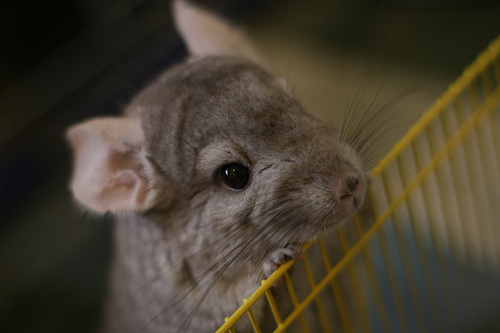
|
|
|
Tags :
Preventing Malocclusion In Chinchillas In South Africa
|
|
|
|
15
MAR
2015
|
|
|
|
Chinchillas are popular small pets in South Africa, but by virtue of being housed and caged in our homes vets will often see some recurring problems in their clinics.
Some of the more common issues vets will see include;
Dental disease
Chinchilla’s have continuously growing teeth. They need to grind both the incisors and cheek teeth by eating high fibre diets. They may often be presented with swellings around the face and mouth, drooling saliva, anorexia and weight loss. If you see any of these problems, check the dental anatomy, looking for spurs, bleeding cheeks/gums and swellings along the mandibular jaw line. Vets will use lateral, oblique and dorso-ventral x-rays to look for abnormal changes. A great resource for comparing normal and abnormal dental anatomy for vets is ‘Clinical Radiology of Exotic Companion Mammals’.
Gastrointestinal disease
As with all fibrevores, digestive diseases are particularly common, with constipation, dia.. [More]
|
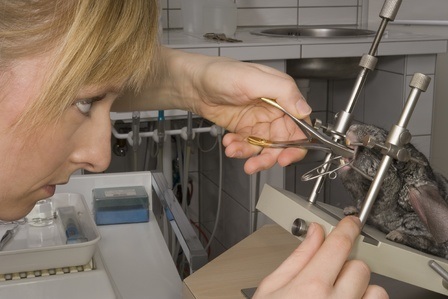
|
|
|
Tags :
Common Chinchilla Ailments In South Africa
|
|
|
|
18
JAN
2015
|
|
|
|
Our pets really are our best friends. They are loyal, pass no judgement, and they are there in times of need, so it’s no surprise that some of us feel closer to our pets than we do human beings. This is why it isn’t strange for people to experience intense grief at the loss of a pet, often rivalling the loss of friend or family member, please be assured that these feelings are completely normal.
What makes it difficult to cope with the loss of a terminally ill animal is that they are unable to understand the process of dying, we are only able to communicate with them to a certain extent. When humans fall terminally ill they are able to have conversations with friends and family and this is a form of closure for their loved ones.
Losing a pet is truly a heart breaking thing to happen so here are a few ways in which pet owners can help themselves, and others, to carry on after the death of a family pet.
1. Stick to your routine as much as possible .. [More]
|

|
|
|
Tags :
Coping With The Loss Of A Pet
|
|
|
|
22
OCT
2014
|
|
|
|
Chinchillas are friendly animals that are well-known for their timid nature and soft, luxurious fur. They can make a great pet for older children and adults – but how many of these facts did you know about them?
1. The word chinchilla literally translates to ‘little Chincha’. The beloved pet was originally named after the Chincha people who once lived in the Andes Mountains in Peru.
2. Chinchillas are native creatures to South America, in particular within northern Chile and Peru. The rodents are extremely sociable and often live in groups of the hundreds in the Andes mountain range. On average they live on high grounds, often settling at 15,000 feet in the mountains. Although they are now usually a silver colour, in the wild Chinchillas are originally thought to have been a yellow-grey colour.
3. Their famous fur is so thick as a result of adapting to their mountainous habitat. Chinchilla fur is very dense to deal with cold temperatures. A Chinc.. [More]
|
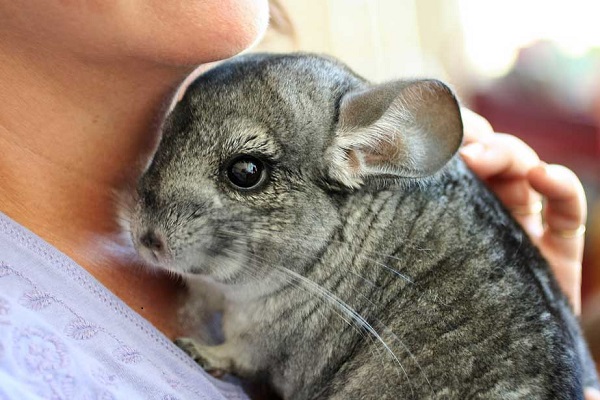
|
|
|
Tags :
How much do you know about Chinchillas in South Africa?
|
|
|
|
02
OCT
2014
|
|
|
|
Timothy hay is an essential part of your rabbit, guinea pig or chinchilla’s diet. Hopefully, most owners will be aware of this as there are many factors which make Timothy hay extremely important to your pets.
Timothy hay is basically the dried, preserved form of Timothy Grass that grows throughout the UK. This type of grass is full of essential fibre which is exactly what your fibrevores need to live long and healthy lives.
It’s recommended that you feed your fibrevores the equivalent to their own body size in Timothy hay every single day. You’ll then need to give them extra to sleep in and to play with.
Our Burgess Excel Herbage is made using Timothy hay, with added dried herbs and flowers including dandelions, chamomile, marigold and birch bark to add extra variety, taste and nutritional benefits.
Here are a few reasons as to why your pets should be having Timothy hay in their diets…
Dental
Fibrevore’s teeth never stop gro.. [More]
|
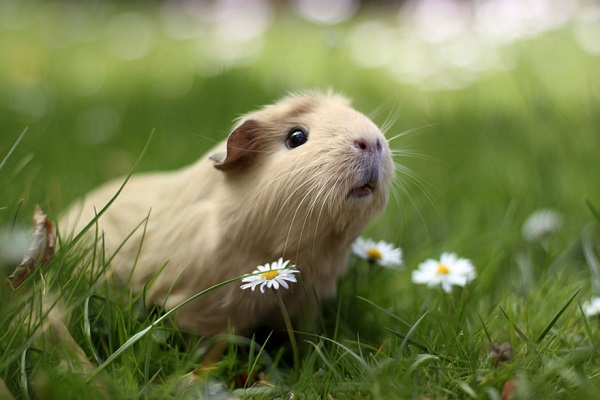
|
|
|
Tags :
Why is Timothy Hay Important For Fibrevores , Timothy Hay South Africa , Chinchilla Hay South Africa , Rabbit Hay South Africa , Guinea Pig Hay South Africa
|
|
|
|
|
|
Category List
|
|
|
|
|
|
Archive List
|
2025 2023 2022 2021 2020 2019 2018 2017 2016 2015 2014 |
|
|